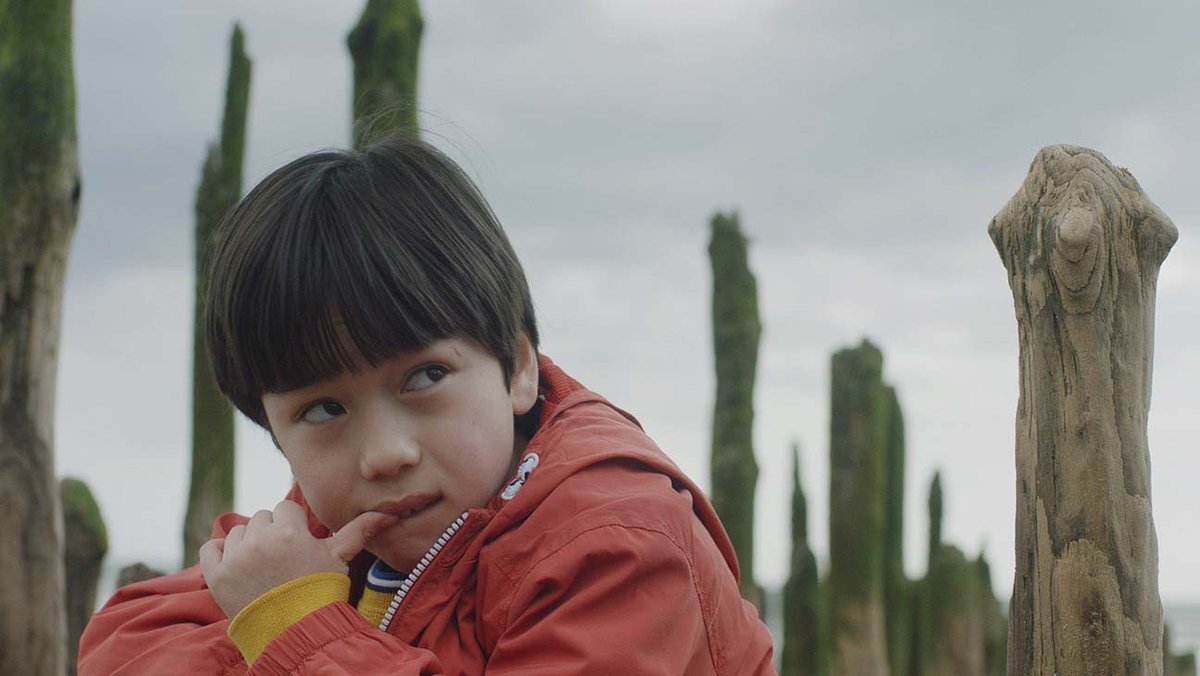
There’s been a lot of conversation recently in the United States about raising the minimum wage to $15/hr.
As you talk about this, please remember that it’s currently legal to pay disabled people far below minimum wage.
It’s legal to pay us less than $1/hr, bc we’re disabled.
As you talk about this, please remember that it’s currently legal to pay disabled people far below minimum wage.
It’s legal to pay us less than $1/hr, bc we’re disabled.
“[In the] 1938 Fair Labor Standards Act... there’s a clause that allows any firm with a 14(c) certificate to pay out wages based on productivity or ability... These wages have been recorded to be as low as three cents per hour.”
forbes.com/sites/sarahkim…
forbes.com/sites/sarahkim…
The supposed logic behind this loophole is that disabled people are “less productive” than the average worker.
But for most jobs, especially with the right accommodations, that just isn’t true.
So what ends up happening is that disabled labor is just severely exploited.
But for most jobs, especially with the right accommodations, that just isn’t true.
So what ends up happening is that disabled labor is just severely exploited.
Businesses that employ disabled workers and pay them subminimum wages are called “sheltered workshops” or “work centers.”
These are segregated workplaces that only employ disabled people, where the average wage is $3.34 an hour.
npr.org/2020/09/17/912…
These are segregated workplaces that only employ disabled people, where the average wage is $3.34 an hour.
npr.org/2020/09/17/912…
And yet, despite these starvation wages for disabled employees,
“The ten most extensive sheltered workshops had combined annual revenue of $523 million, and the CEO of the biggest sheltered workshop received a salary of $1.1 million...”
forbes.com/sites/sarahkim…
“The ten most extensive sheltered workshops had combined annual revenue of $523 million, and the CEO of the biggest sheltered workshop received a salary of $1.1 million...”
forbes.com/sites/sarahkim…
This situation highlights a few things:
1. Disabled people are being severely exploited for profit
2. Disabled people are viewed as unproductive and therefore unworthy of a living wage (read: unworthy of life)
3. Capitalism isn’t set up to serve the needs of disabled people
1. Disabled people are being severely exploited for profit
2. Disabled people are viewed as unproductive and therefore unworthy of a living wage (read: unworthy of life)
3. Capitalism isn’t set up to serve the needs of disabled people
There are a lot of disabled people who can’t work at the same pace, or with the same regularity, as nondisabled people.
We are therefore viewed as unproductive.
Not because we aren’t productive at all, but because we can’t be productive to the extent that capitalism demands.
We are therefore viewed as unproductive.
Not because we aren’t productive at all, but because we can’t be productive to the extent that capitalism demands.
And in this economic system, productivity is the sole indicator of a person’s worth.
So, disabled people are viewed as unworthy of life.
In Nazi Germany, disabled people were referred to as Lebensunwertes Leben, which means “life unworthy of life.”
So, disabled people are viewed as unworthy of life.
In Nazi Germany, disabled people were referred to as Lebensunwertes Leben, which means “life unworthy of life.”
This isn’t just a problem under capitalism. It’s a problem in “Communist” (heavy quotes) countries, too. Bc the underlying exploitative logic of the system doesn’t change.
Disabled people in the Soviet Union were judged based on their “usefulness to society.”
Sound familiar?
Disabled people in the Soviet Union were judged based on their “usefulness to society.”
Sound familiar?
What disabled people need, and what everyone truly needs, is a democratically controlled economic system that is centered around human needs & ecological boundaries.
There are already large societies organizing along those lines (ex. Rojava).
This can be our reality.
There are already large societies organizing along those lines (ex. Rojava).
This can be our reality.
• • •
Missing some Tweet in this thread? You can try to
force a refresh




